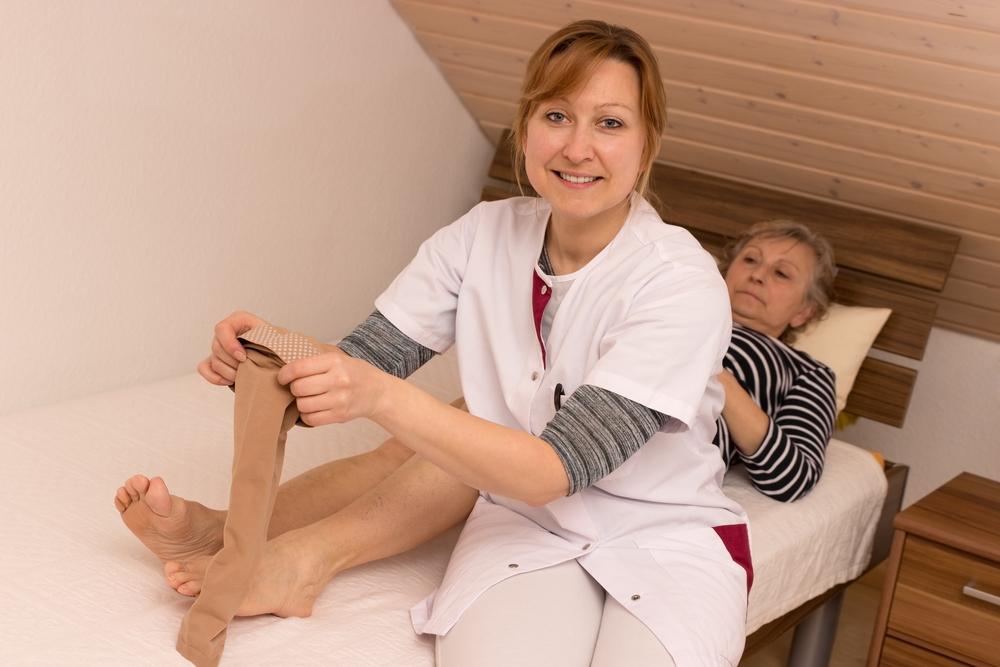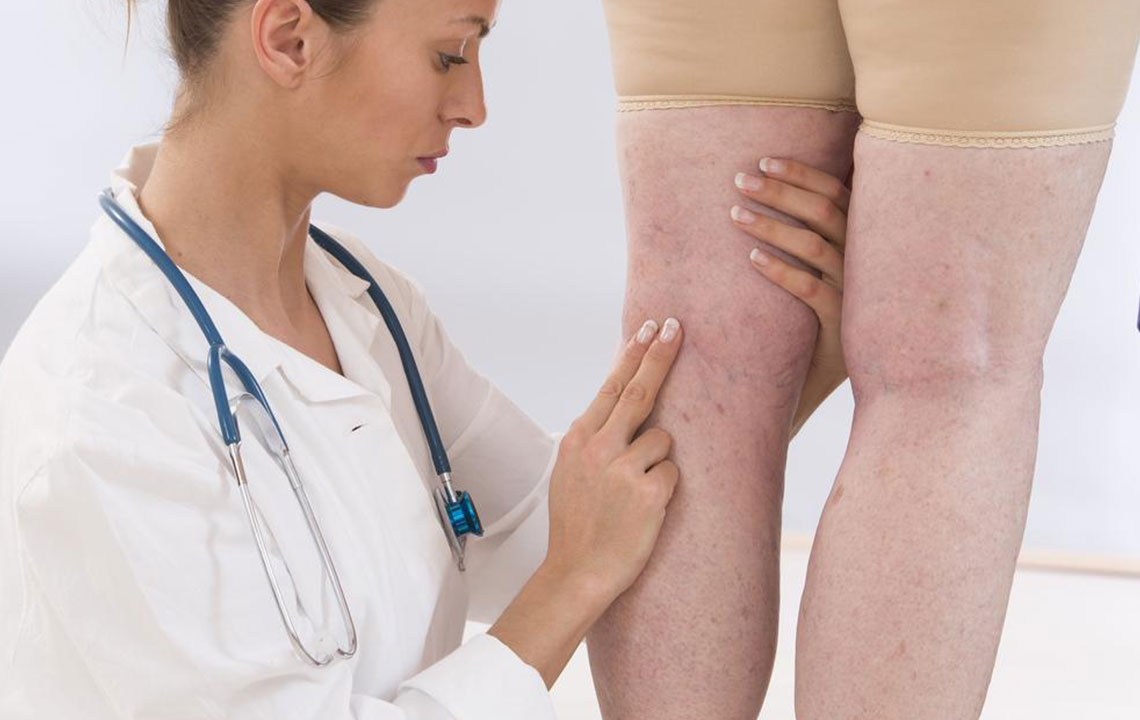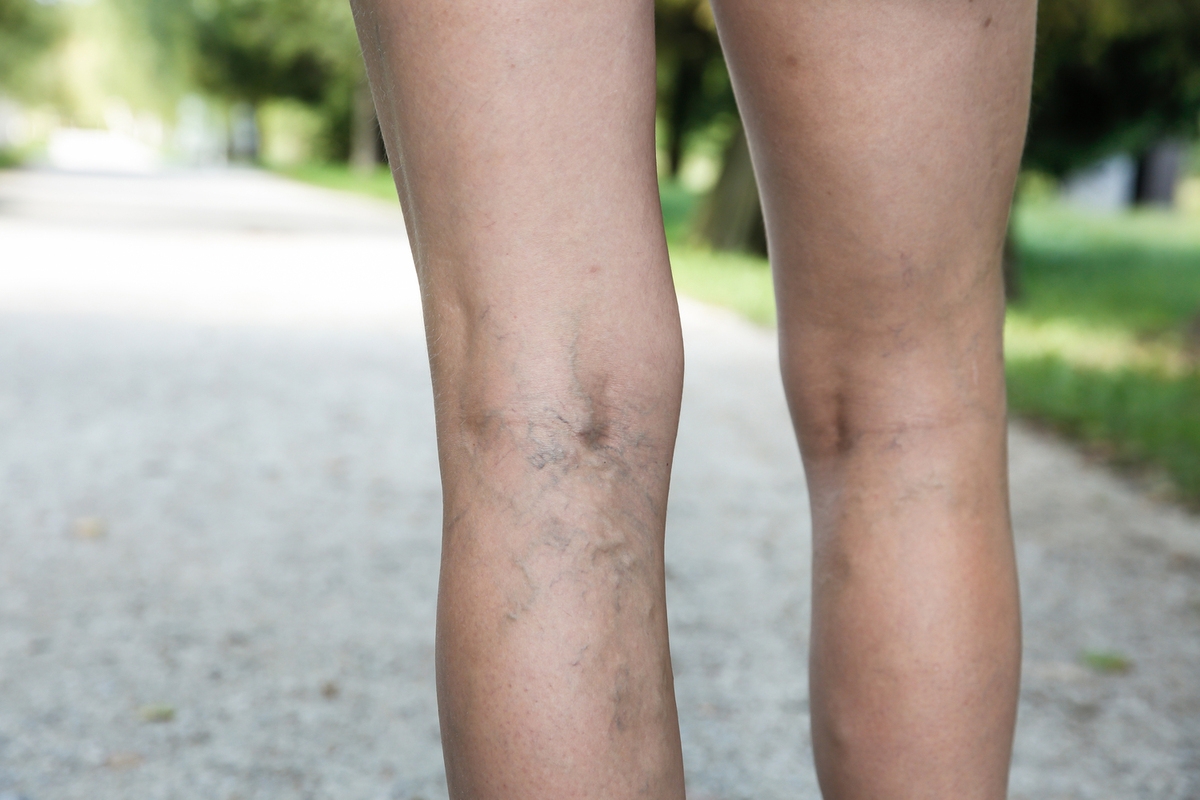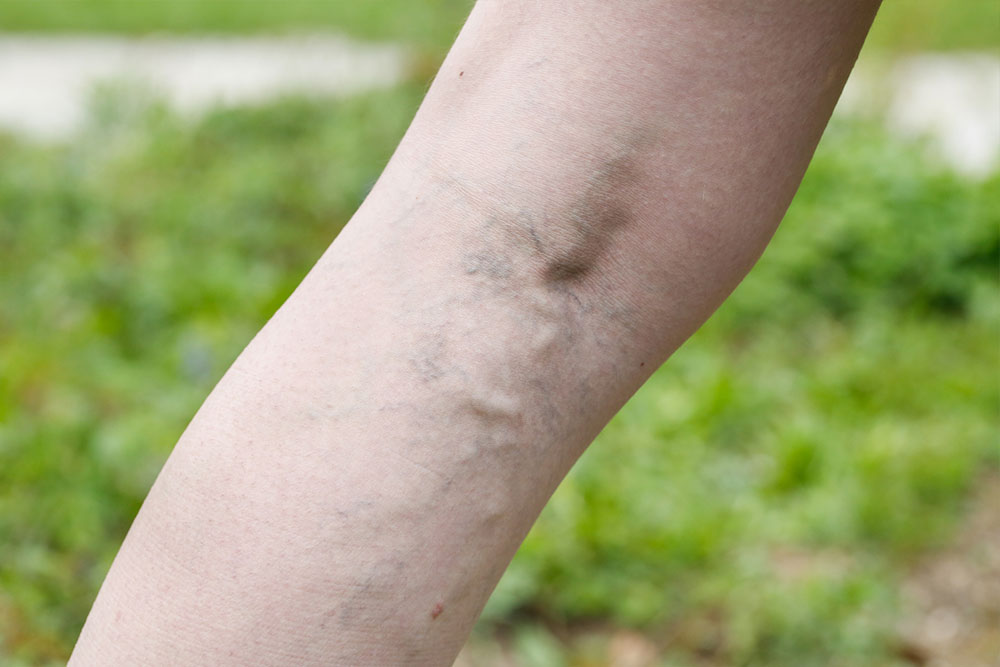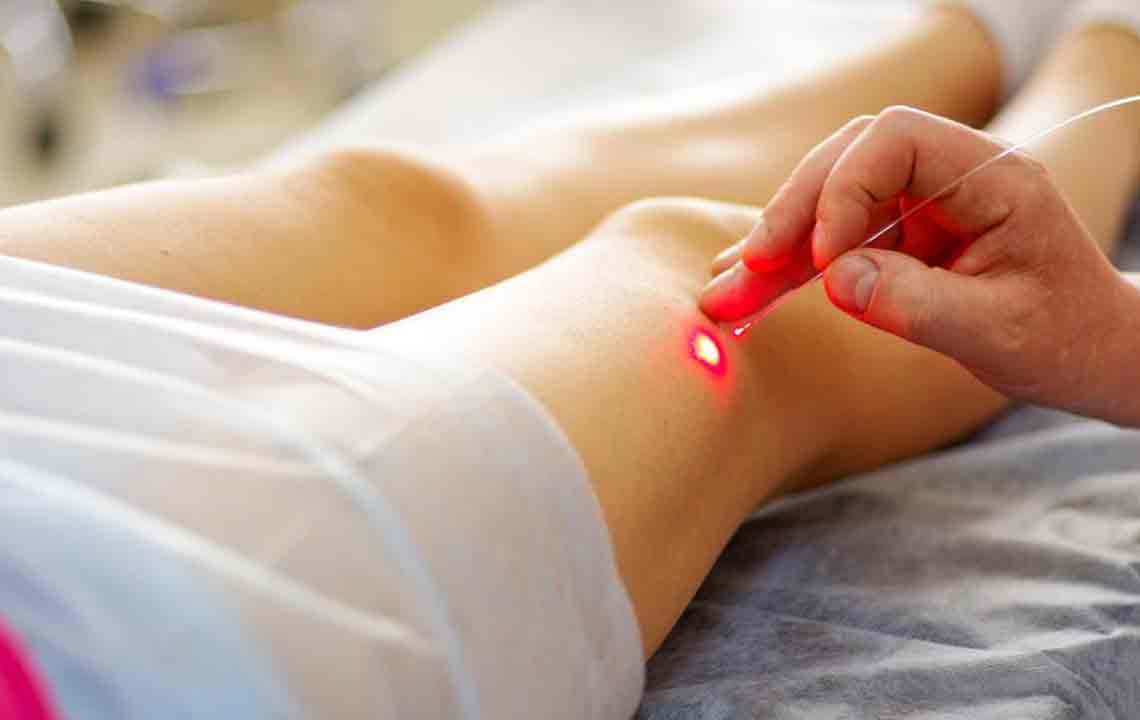Comprehensive Guide to Varicose Vein Experts: Treatments and Patient Support
This guide explores the role of varicose vein specialists, their diagnostic methods, treatment options, and tips for choosing the right expert. It highlights minimally invasive treatments and the importance of follow-up care to improve patient outcomes and quality of life.
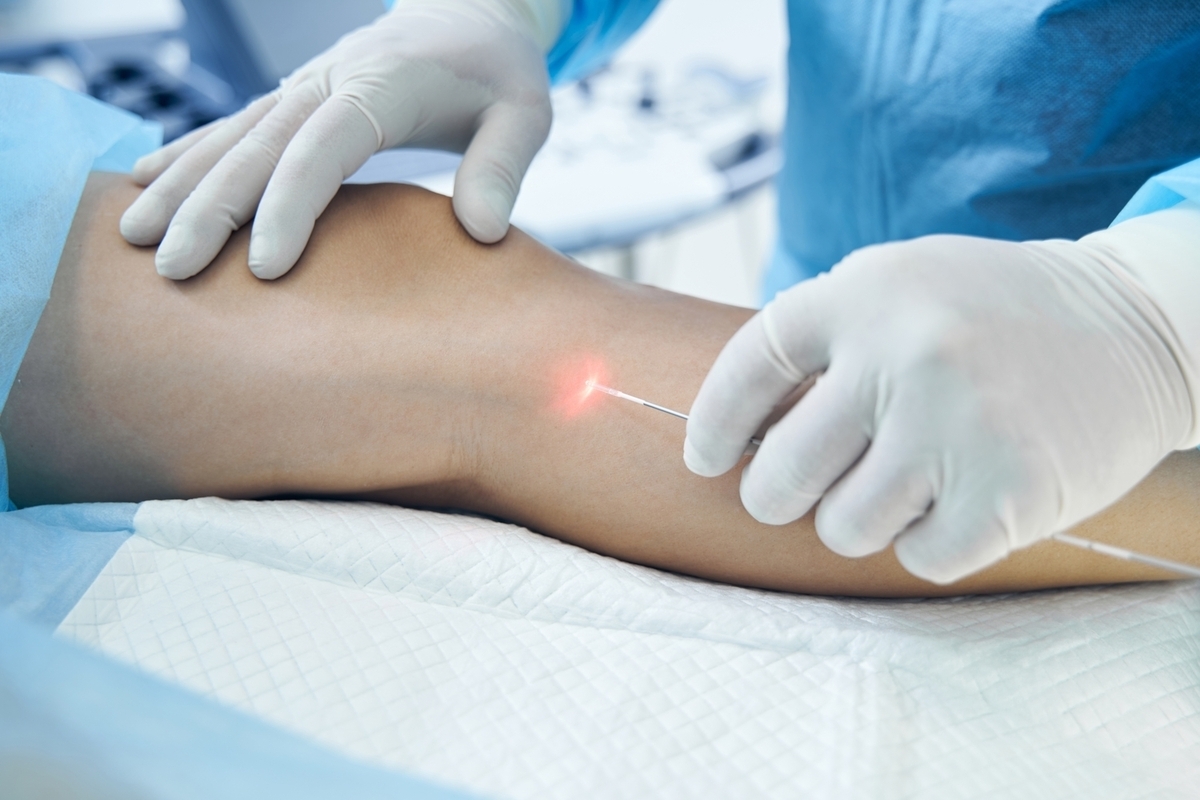
Comprehensive Guide to Varicose Vein Experts: Treatments and Patient Support
Varicose veins, swollen and twisted veins visible beneath the skin, are a common issue primarily affecting the legs. They can cause discomfort and lead to complications like ulcers or blood clots. Though often seen as a cosmetic concern, varicose veins can greatly reduce quality of life. Specialized medical professionals, known as varicose vein specialists, play a vital role in diagnosis and treatment.
Who Are These Specialists?
Varicose vein specialists are healthcare providers trained in diagnosing and managing venous conditions. Their backgrounds include vascular surgery, interventional radiology, or vein-specific medicine (phlebology).
These specialists focus on alleviating symptoms, enhancing appearance, and preventing serious health issues related to varicose veins.
Role of Varicose Vein Experts
Diagnosis
Accurate diagnosis is essential and involves reviewing patient history, conducting physical exams, and utilizing diagnostic tools like Doppler ultrasound. These tests help visualize vein function and identify issues such as venous reflux caused by faulty valves.
Available Treatments
Customized treatment plans are provided based on severity and patient preferences, including:
Sclerotherapy: Injecting a solution to collapse small and spider veins, minimally invasive and effective for surface veins.
Endovenous Laser Therapy (EVLT): Using laser energy via a slender fiber inserted into the vein to close it, rerouting blood to healthier veins.
Radiofrequency Ablation (RFA): Applying radiofrequency heat to seal problematic veins quickly and with minimal discomfort.
Ambulatory Phlebectomy: Surgically removing larger veins through tiny skin incisions under local anesthesia.
Compression Therapy: Wearing compression stockings to enhance blood flow and relieve symptoms, often used alongside other treatments.
Follow-up care includes patient education on lifestyle changes such as exercising, weight control, and avoiding prolonged standing or sitting. Regular check-ups ensure successful outcomes and manage persistent issues.
Choosing an Experienced Specialist
Credentials and Background: Look for board-certified vascular or vein specialists with proven experience.
Patient Feedback: Reading reviews can give insights into quality of care and patient satisfaction.
Treatment Flexibility: Ensure multiple treatment options are available and personalized to your needs.
Communication: A good doctor takes time to explain conditions and address questions thoroughly.
Addressing varicose veins effectively involves expert diagnosis, personalized treatment options, and ongoing care, helping patients enjoy healthier and more comfortable lives.

